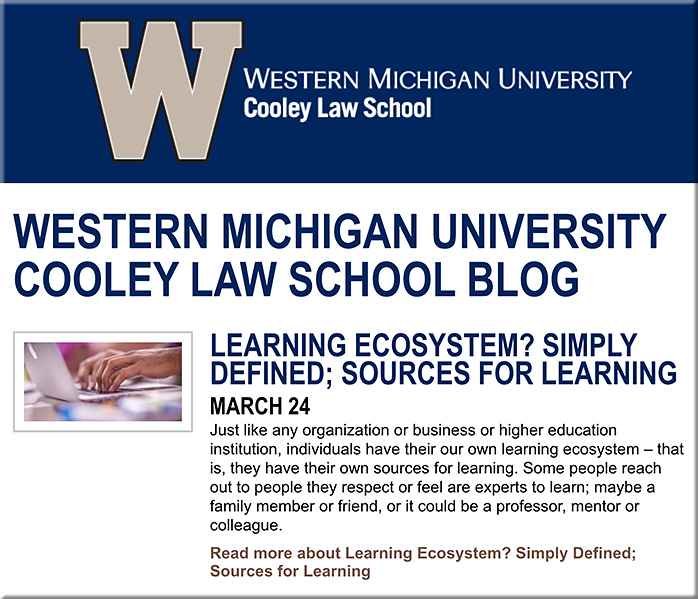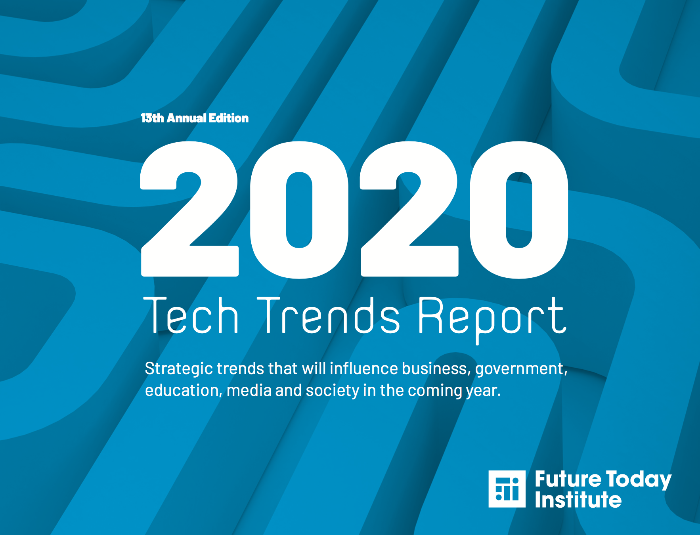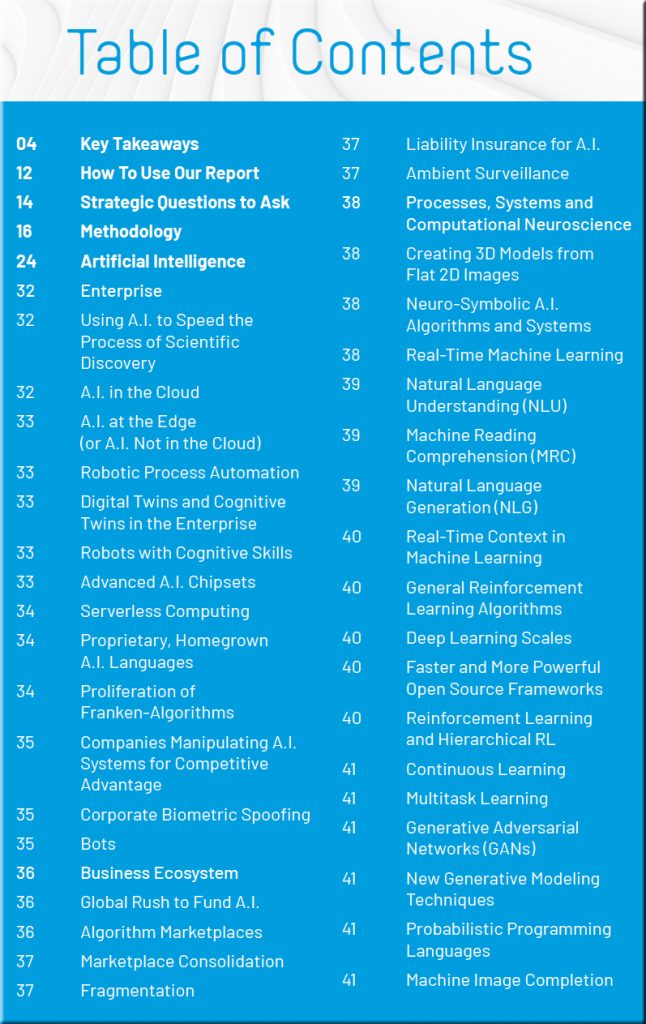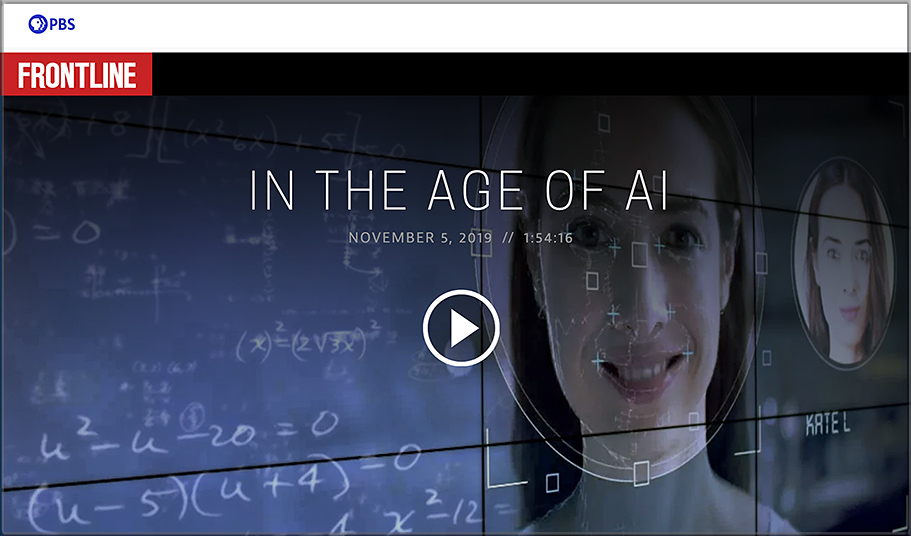From DSC:
I’d like to thank Mr. Eric Osterberg — a fraternity brother and friend of mine — for sending me the following article. I wrote back to him. After thanking Eric for the article, I said:
Such an article makes me reflect on things — which is always a good thing for me to try to see my blindspots and/or to think about the good and bad of things. Technologies are becoming more powerful and integrated into our lives — for better at times and for worse at other times.
I’m wondering how the legal realm can assist and/or help create a positive future for societies throughout the globe…any thoughts?
Can computers ever replace the classroom? — from theguardian.com by Alex Beard
With 850 million children worldwide shut out of schools, tech evangelists claim now is the time for AI education. But as the technology’s power grows, so too do the dangers that come with it.
Excerpts:
But it’s in China, where President Xi Jinping has called for the nation to lead the world in AI innovation by 2030, that the fastest progress is being made. In 2018 alone, Li told me, 60 new AI companies entered China’s private education market. Squirrel AI is part of this new generation of education start-ups. The company has already enrolled 2 million student users, opened 2,600 learning centres in 700 cities across China, and raised $150m from investors.
…
The supposed AI education revolution is not here yet, and it is likely that the majority of projects will collapse under the weight of their own hype.
The point, in short, is that AI doesn’t have to match the general intelligence of humans to be useful – or indeed powerful. This is both the promise of AI, and the danger it poses.
It was a reminder that Squirrel AI’s platform, like those of its competitors worldwide, doesn’t have to be better than the best human teachers – to improve people’s lives, it just needs to be good enough, at the right price, to supplement what we’ve got. The problem is that it is hard to see technology companies stopping there. For better and worse, their ambitions are bigger. “We could make a lot of geniuses,” Li told me.



















